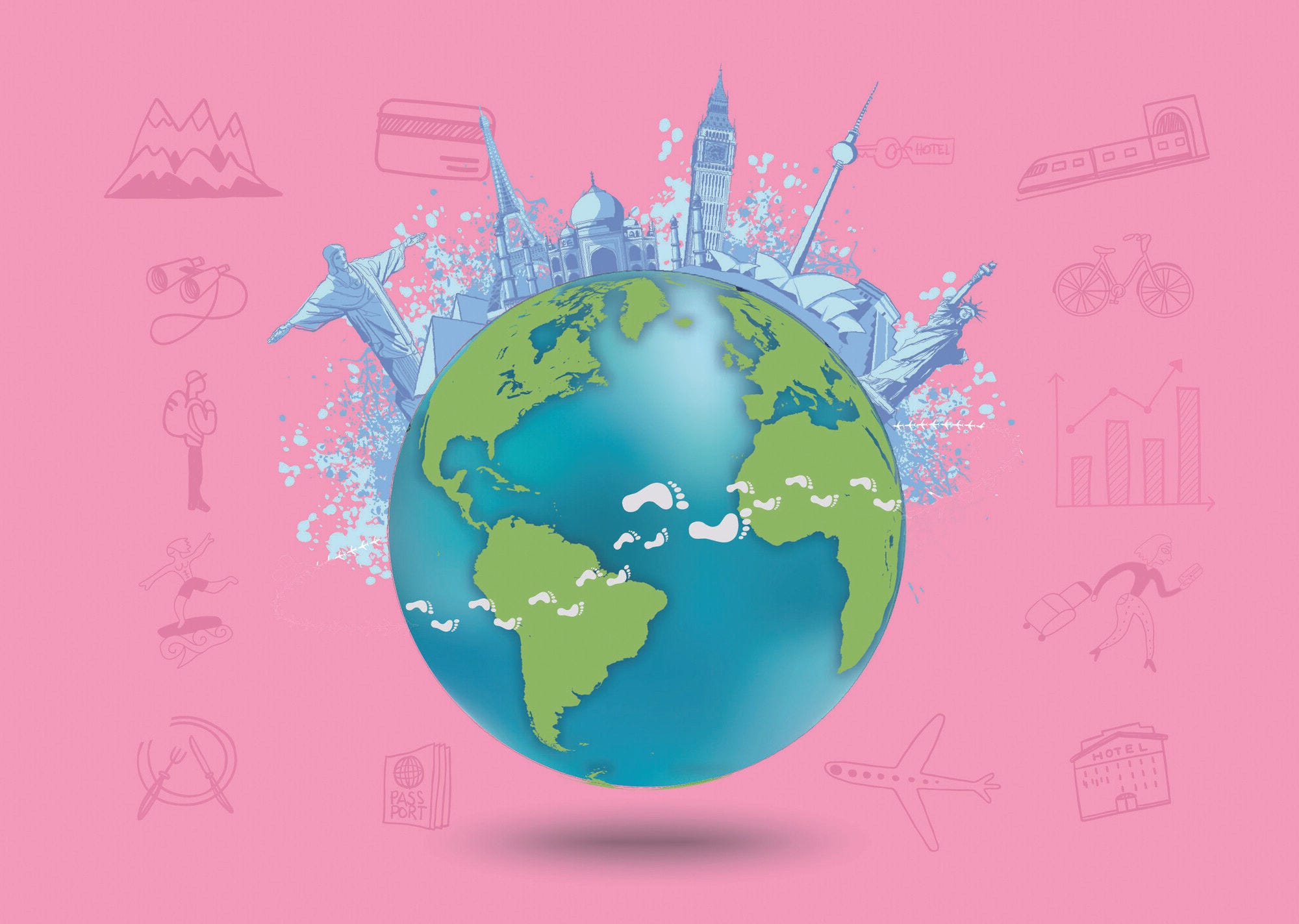The National Tourism Development Strategy 2023-35, developed with support from the World Bank, aims to make Romania a renowned, high-quality, year-round tourism destination by 2035. The Strategy focuses on the country’s unique cultural and natural heritage, and high-quality services. The Strategy was under consultation with the public and the Consultative Council for Tourism in 2023, and at time of writing is going through inter-ministerial approval processes. The Governing Plan 2023-24 outlines government priorities and objectives for the strategy implementation, focusing on developing tourism destinations through public-private partnerships, enhancing Romania’s notoriety abroad, promoting ecotourism, attracting investments, simplifying authorisation systems, protecting tourists and businesses, improving digitalisation and supporting entrepreneurs. Several initiatives have been established to support implementation of the Governing Plan including state aid schemes to support the private sector in developing spa resorts, incoming tourism, and participating in tourism promotion events abroad alongside the Ministry.
The Ministry has created a voluntary national system for labelling cultural-touristic routes, developed by tourism and culture organisations or local public authorities, to meet the increasing demand for experiential and personalised tourism. Currently, 154 cultural-touristic routes of local, regional and national level have been labelled.
The Operational Programme for Administrative Capacity (SIPOCA) project aims to analyse, improve, and update the legal framework in the field of tourism. The project's general objective is to optimise the decision-making process and increase the efficiency of ministry activities by systemising and improving tourism legislation to fulfil strategic objectives according to the institutional mandate.
To promote sustainable tourism practices, Romania participates in international contests that award remarkable tourist destinations such as the Best Tourism Villages award by UN Tourism. The country also awards outstanding beaches with the Blue Flag label and designates ecotourism destinations. To support domestic tourism, Romania implemented a travel voucher system. These vouchers, which can only be used in Romania and are valid for one year, have been successful over the past few years and continue to receive funding.
The National Recovery and Resilience Plan includes a chapter dedicated to tourism and culture, with key initiatives including the development of Destination Management Organisations, the creation and promotion of 12 cultural touristic routes, the creation and modernisation of nine museums and memorials, and the development of cycling tourism.
Additional sectoral strategies developed in Romania include:
The National Strategy for Ecotourism Development 2019-29 aims to create the conditions for ecotourism development in natural protected areas by developing a network of certified ecotourism destinations and creating competitive ecotourism products for both national and international markets. Based on the National Strategy for Ecotourism Development, the Ministry, together with other institutions and organisations from Romania, such as the Ministry of Environment, Waters and Forests, the National Institute for Research and Development in Tourism and the Ecotourism Association of Romania, developed a system to evaluate ecotourism destinations in Romania, based on the Global Criteria for Sustainable Tourism (GSTC) and the European Ecotourism Standard (EETLS). To date, six tourism destinations have received this recognition.
The Strategy for the Development of Spa Tourism, launched in 2019, promotes an innovative approach combining public-private partnerships to support the development of a wide variety of health tourism-related products, with a focus on green, sustainable projects. The Strategy will be implemented through a dedicated action plan.

